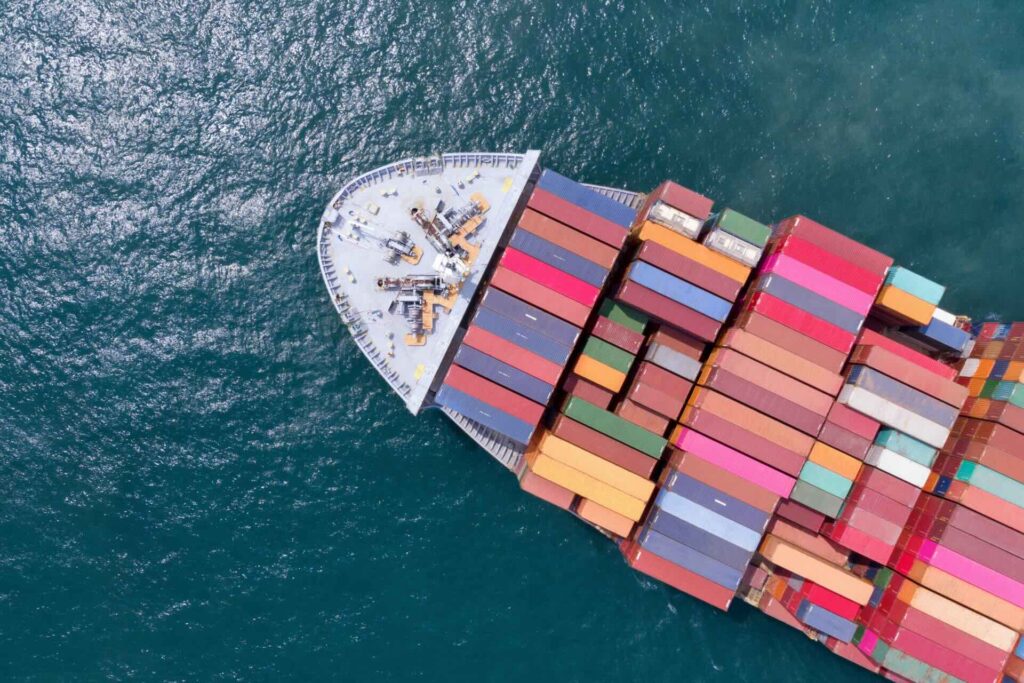The UK Emissions Trading Scheme (UK ETS) Authority is consulting on proposals to expand the scheme to the maritime sector, as well as recognising non-pipeline transport methods for moving captured carbon into storage.
It has also confirmed that it will make changes to free allocation rules to ensure participants who permanently cease their operations cannot benefit from surplus free allowances in their final year. This will ensure their free allocation in their final year is proportionate to their activity levels.
The changes include an exemption for sites who are ceasing activity to decarbonise. This aims to support the UK ETS’s objective of incentivising a move to more carbon efficient production across the UK’s industrial sectors.
Launched in 2021, the UK ETS helps the UK to decarbonise across aviation, power and industry by setting a limit on emissions, with allowances that can be traded, creating a carbon price that incentivises businesses to reduce their emissions.
Maritime sector consultation
By expanding the scheme to include the maritime sector, businesses with ships operating domestic voyages would need to obtain allowances for every tonne of carbon they emit.
The consultation outlines the definition of a domestic voyage under the scheme, details of the threshold for ships, proposed exemptions, including to Scottish island communities, and the greenhouse gases to be covered. It also considers how the expansion could interact with regional and international emissions pricing. Proposed changes would come into effect from 2026.
Carbon capture and storage routes
For energy-intensive sectors such as steel, cement, and chemicals, carbon capture and storage will be crucial for achieving net zero targets. Sites without direct pipeline connections will require alternative transport options, such as road, rail, or ship, to access carbon capture and storage technology.
The consultation lays out how the UK ETS will recognise non-pipeline transport of CO2, and means that emitters transporting carbon in this way would not have to pay a price for CO2 they successfully capture.
This comes after the government confirmed funding to launch the UK’s first carbon capture sites which will create 4,000 jobs and attract £8 billion private investment in the North West and North East of England.
Have your say on changes to the UK ETS
The UK ETS Maritime consultation and Non-pipeline transportation (NPT) consultation are available on the government website. You can also access details of the free allocation response.
For support with UK ETS compliance or advice on upcoming changes, get in touch with the UK ETS team at Sustainable Energy First.
To learn more about the UK ETS and achieving compliance, get in touch with our experts at Sustainable Energy First for a no-obligations chat.

